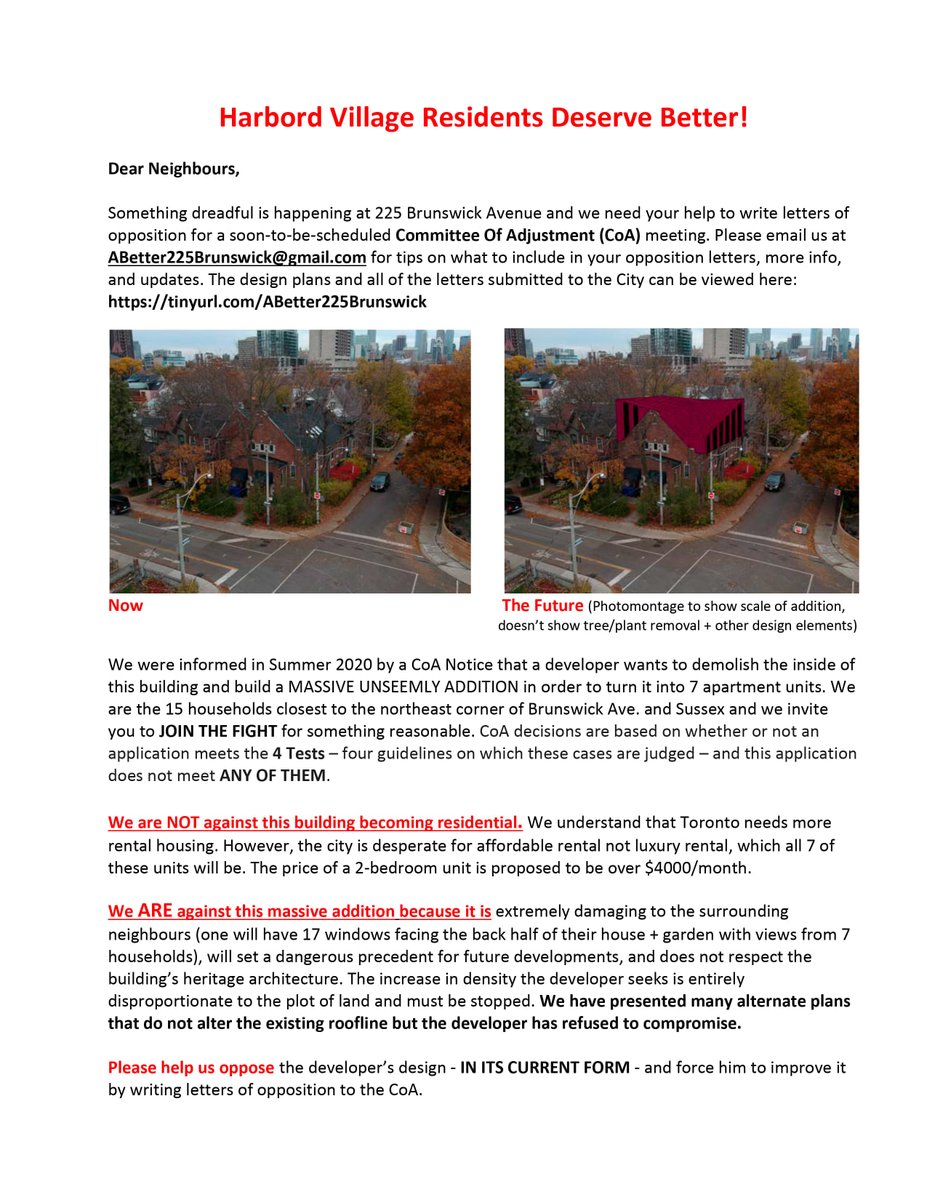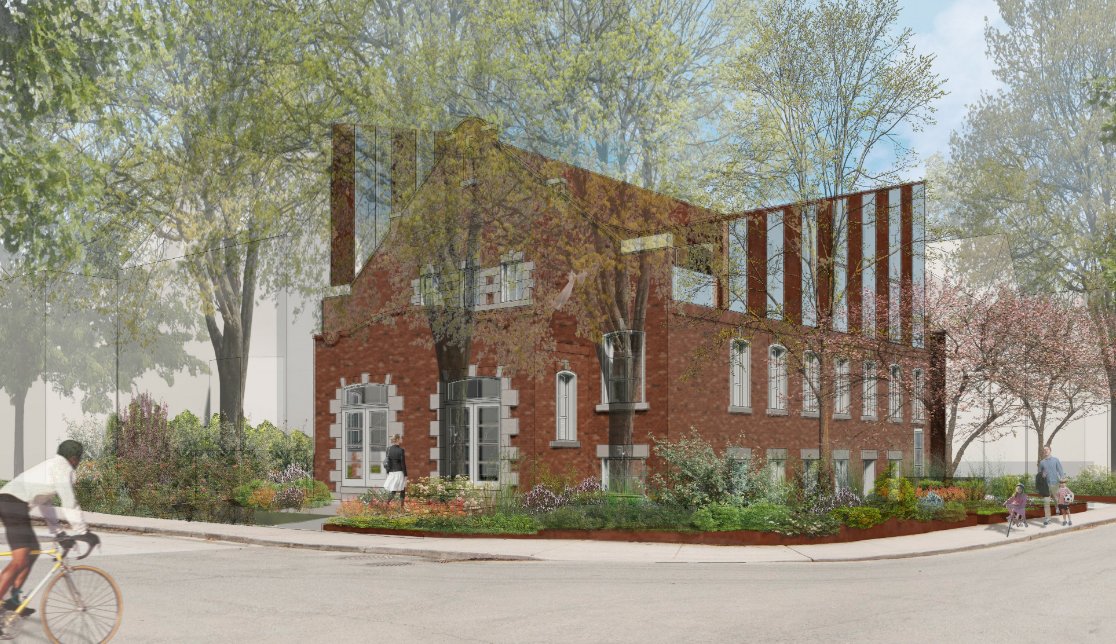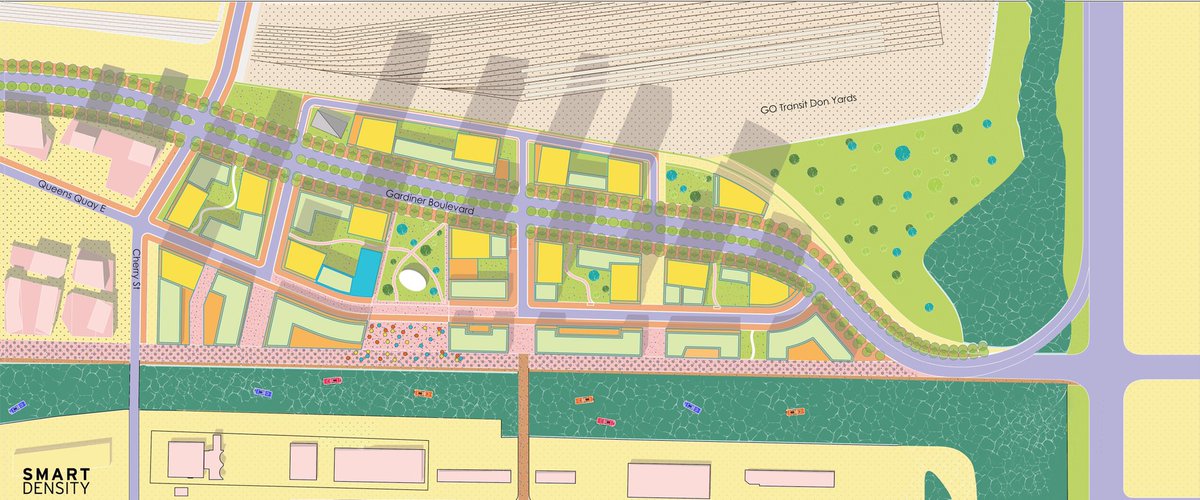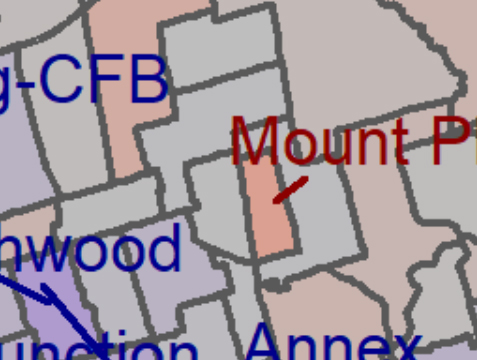
“Cities are places of opportunity and cohesion, and people want to live there. Yet our planning and politics make this far too difficult. The COVID-19 pandemic is the moment to change that.” My piece @globeandmail: theglobeandmail.com/opinion/articl… 1/
Planning has shaped segregation by income, segregation by race, and the very health of our fellow citizens. 5/ 
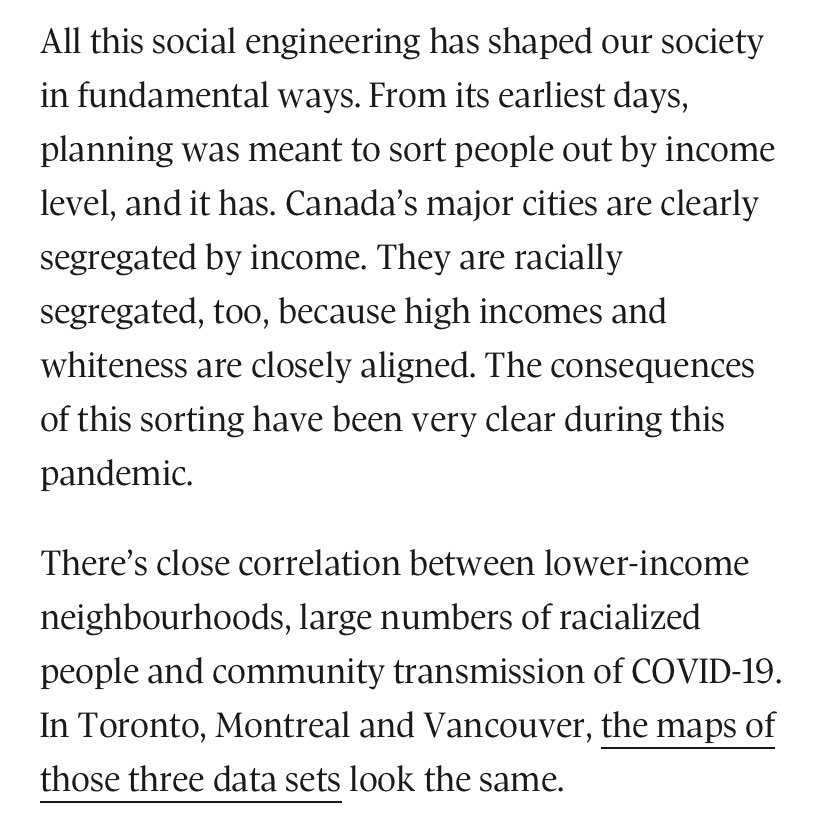
Some progressive thinking from @PlanEdmonton: 6/ 

Our current system does not, as some think, “protect” people’s neighbourhoods. It “protects” rich people’s neighbourhoods and pushes development elsewhere. This should be reversed. 7/ 

One final note (cc #housingtwitter): the argument that the development industry is running wild, building “a lot” of housing, etc, is often not supported by data. 8/ 

• • •
Missing some Tweet in this thread? You can try to
force a refresh





